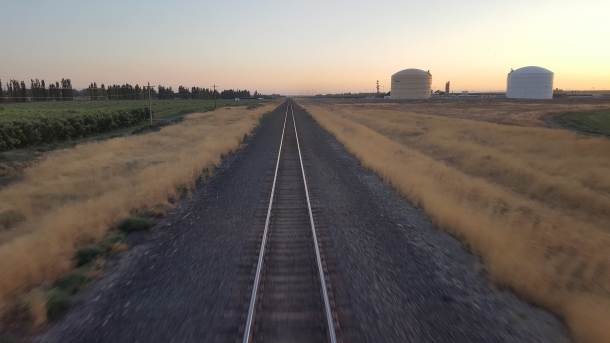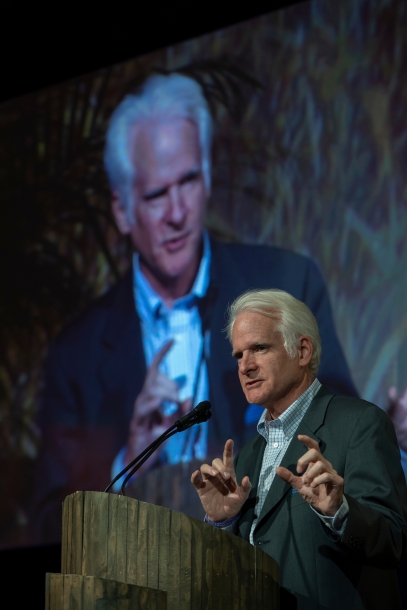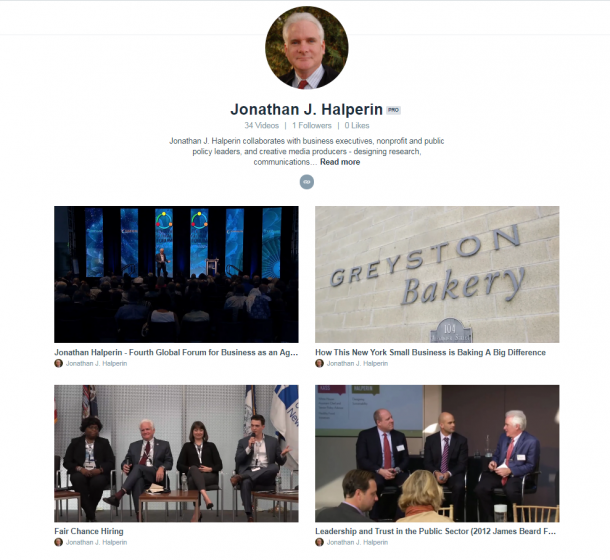You are here
Middlemen or Distributors?

Now we all have personal experience with the collapse of supply chains: toilet paper, produce, meat, flour. They are more fragile than we knew, for many reasons. Whether in conversation with my consulting colleagues at Council Fire or with my clients such as the Equitable Food Initiative, supply chains are front-of-mind – as they also are in many everyday conversations.
Supply chains manage ‘betweens,’ the spaces between activities that otherwise would be disconnected. They connect the farm to the packing house, packing to trucking, truckers to warehouses, and so forth. When working properly, these supply chains are tightly connected, like individual railcars that together make up a train.
While the couplings that keep a train together are obviously critical, do we need all the couplings in our supply chains? When families go berry picking on a local farm, there is no fresh produce supply chain. However, when a farmworker in New Zealand picks a kiwi for sale in Detroit, the chain is long and winding (more of a web than a chain, in fact).
Distributors and consolidators are either essential to keep supplies humming or they are middlemen squeezing growers or producers without adding enough value to warrant the cut they take. Especially today, they seem critically important. But as we rebuild, should they play the same traditional roles or not? Fishmongers are now making a go of it in the UK selling straight to customers at the dock; no distributors. Restaurants have become community pantries in the Washington, DC, area; new distributors.
Size and distance are dispositive. We can't have lobster in the winter in Oklahoma without a complex system of suppliers carefully coupled together. While most of us are not going back to the farm, or to lobstering, maybe the real innovation obscured by the much bandied about idea of ‘scale,’ is that smaller might be better than bigger. We misuse scale as a synonym for bigger, when it actually means proportional or appropriately sized.
As we rebuild better, size and distance must be central to planning. Going from the bedroom to the home office is a shockingly short commute for many people. And we don’t even need to embrace Small Is Beautiful as a principle to wonder; what really is the optimal size for the most efficient economic system?
Before we scoff at alternatives that emphasize regions and internalizing costs, sharing economic value more fairly and better alignment with our personal values, we would do well to remember that what is dismissed today as ‘unworkable,’ is tomorrow’s patent and next year’s most successful IPO.
Especially today, be careful betting against big changes.
------------
* Council Fire is a global management consultancy that helps purpose-driven organizations thrive by creating lasting economic, social, and environmental value.
- jonathan.halperin's blog
- Log in or register to post comments


